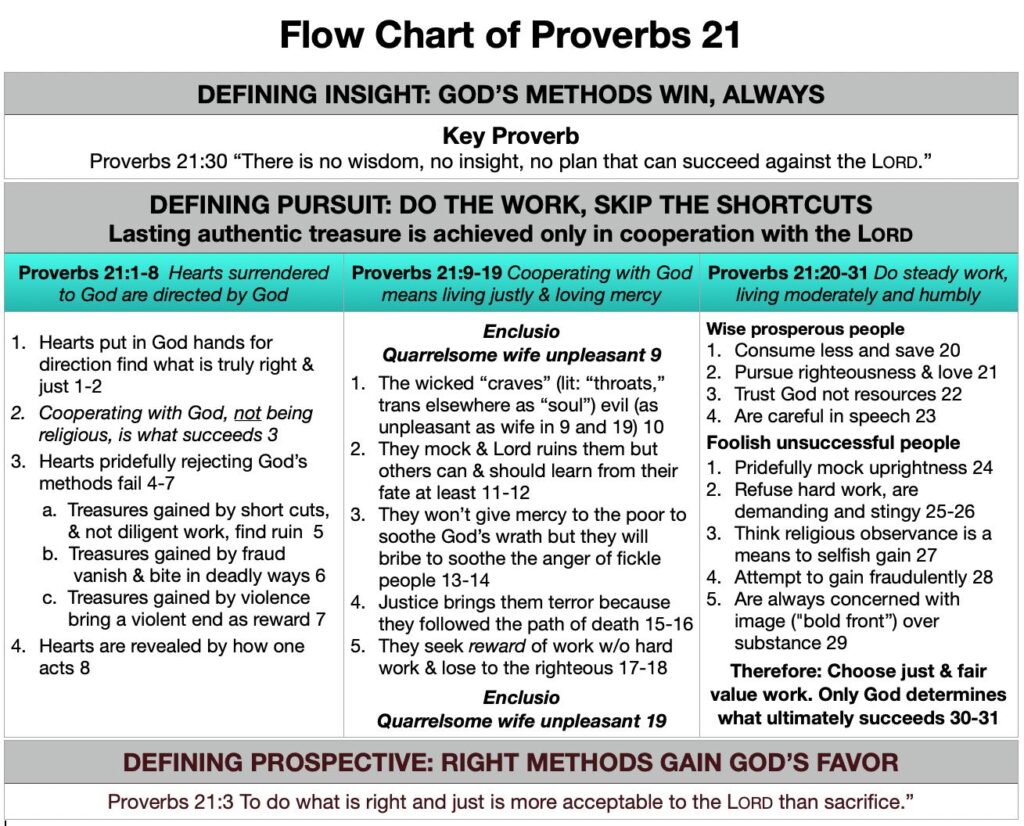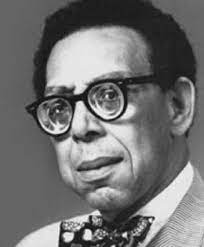Bible Brings Reality Into Focus
By G.S. Augustine 2022
No one in my family wore glasses. Driving home on a rainy night when I was twenty-three, I took a wrong exit off a freeway in Portland, Oregon. The glare on the streets made it hard for me to read the street signs to find my way back. Portland is easy to navigate because the city divides into four quadrants: North East, South East, North West and South West. All the street names have one of those designations. I knew that if I could tell what quadrant I was in I would be able to get going the right direction. But I just couldn’t read the signs. So I stopped my car, got out and walked up to a sign to read it. I knew, then and there, I needed glasses. I’ve been wearing them ever since.

We See The World Through the Glasses We Wear
In the way a pair of glasses sharpens the focus of a blurred background, the Bible sharpens the focus of reality. Far from distorting of reality as critics claim, it gives us a clear picture of how things actually are. The Bible is the right prescription for the blindness of fallen people in a fallen world. Conversely, if you have the wrong prescription on your face, it can make your vision worse. The bad news is, humans adapt. We can get use to blurred vision.
Wise Living Requires Seeing The World As It Is
A good definition of wisdom is “operating according to the way things are, not how we wish them to be.” In other words, according to reality. If God really did create and govern the universe, then to function apart from him is to operate outside of reality. For most people, whether they realize it or not, this is the case, including many believers. In our post-modern world, mass media and TV shows most often shape our perception of reality. And this perception is at odds with the Bible World.
Glasses Worn Properly Create Clearest Vision
The Bible as a whole identifies causes and solutions to problems the human race suffers. However books like Job, Proverbs, Ecclesiastes, Song of Solomon go about this systmatically. They provide individuals with wisdom to avoid life’s potholes and maximize success. Unfortunately, though, people tend to read these books badly. One inefficient way to read the book of Proverbs is to combine similar proverbs from different chapters and make conclusions. Though this isn’t without some benefit, it misses the much more important counsel. There is a strategic arrangement to Proverbs that is as much a part of the message as the individual proverbs are.
Proverbs Is A Complex Book
First of all, proverbs attributed to Solomon aren’t the only ones in the book. There are “Sayings of the Wise,” (22:17) “the Sayings of Agur” (29:1) and the “Sayings of Lemuel” (30:1). And there are indications that some of the proverbs date back to ancient Egypt. Proverbs 25:1 says that men other than Solomon arranged at least some of proverbs in the book: “These are more proverbs of Solomon, copied by the men of Hezekiah, king of Judah.” What becomes obvious when studied is that, there is a purpose to the present arrangement of Proverbs. And various literary techniques accomplish this.
Proverbs 21
Let’s see how this works in Proverbs 21. This Proverb breaks up into three main sections with an introduction at the beginning and a conclusion at the end. Verses 1-3 introduces the the chapter with vs. 1-2 saying God directs the hearts of kings wherever he wants and weighs the hearts of men. This is matched with the last two verses in the chapter: “There is no wisdom, no insight, no plan that can succeed against the Lord” and “Victory rests with the Lord” (not the king!). Verse 3 tells us what people should do in light of this: “To do what is right and just is more acceptable to the Lord than sacrifice.” Opt for right behavior not religious acts.

The body of the first section is in verses 4-8. These verses highlight what happens when people ignore the advice given in the introduction. They believe their own ideas of what is right is all that is necessary, v. 4, “Haughty eyes and a proud heart and the lamp of the wicked are sin.” A “lamp” symbolizes that which guides a person on a dark path and highlights the guiding principles of the wicked. “Fast buck” schemes make sense to them. The next verse reads: “Plans of the diligent lead to profit, as surely as haste leads to poverty” v. 5. “Haste,” here, is in contrast to “diligent.” And for those times where the fast buck does work, v. 6 warns that fortunes made without integrity evaporate. Verse 7 predicts the violence and backfire these strategies lead to. Verse 8 concludes by describing how to identify the guilty and innocent.
Middle Section Set Off By Inclusio
In 9-19, we have the important middle section. Here we find a literary technique called enclusio. The author uses identical ideas in 9 and 19 about quarrelsome wives to enclose the section. Verse 10 compares the unpleasantness of wicked men to troublesome wives. Verse 11-12 says the simple learn to avoid that fate when mockers receive the consequence of their mocking. The wise however, will simply heed instruction. Both must keep in mind that the Righteous One watches the house of the wicked to bring it down.
And as in v. 13, should the wicked cry out to the Lord, no help will come. Why? Because they won’t give to the poor to seek God’s favor but, as in v. 14, they will give to (bribe) the rich to get their favor. They trust in men, not God. Justice, though, brings everything to light, v. 15, so straying from these things will end badly, v. 16. The proverbs concludes, pursuing the good life without character leads no where, v. 17 because in the end only the righteous benefit, v. 18. And we’re back to the quarrelsome wife in verse 19.
Insights On How To Benefit From What Has Been Said
Just as v. 1-3 introduced the whole proverb, verses 20-24 introduce the last section which answers the question, “What do we need to do to succeed at what this proverb says so far?” Well, first, moderate your consumption, v. 20, and understand the profitability of right living, v. 21. Next wise people trust God rather than the resources the “mighty” put so much stock in, v. 22 and they avoid calamity because they guard their mouths v. 23. “The mighty” on the other hand, engage in proud mocking, v.24, which leads them directly into it.
Insights On What Happens If You Ignore It
The body of the last section is in v. 25-29 which points out consequences of ignoring v. 20-24. The pride of verse 24 leads to the laziness of verse 25. That person believes work isn’t necessary but thinks his desires should be met anyway, v. 25-26, whereas the righteous (who work!) have surpluses. And engaging in religious activity without changed behavior to move God is going to backfire, v. 27 which echoes verse 3.
In verse 28 we have a translation problem. It should say: “The false witness will perish, and whoever listens to him “will speak forever,” not “will be destroyed forever.” Modern translations attempt to smooth over a difficulty that doesn’t really exist. The listener in this passage is a righteous witness or judge who will continue to speak truth and be heard. Verse 29 speaks to the reason the wicked can’t get it right: public image is more important than substance. They pay attention to their “face” or as one translation has it they put up a “bold front.” The righteous, however, do well because they work at right behavior.
You Might As Well Seek Righteous Choices
And we finally come to our conclusion in verse 30-31, which is “You might as well seek righteousness because no plan can succeed against the Lord.” This proverb highlights a central feature of the map of the Bible World Reality. With a little help you can learn read the map this way too.
Like to Understand Proverbs This Way?
Click the button below for my free download on the arrangement the book of Proverbs and an explanation of the literary techniques used not only in proverbs but in the other ancient wisdom books. You will also receive discussions on various portions of the Bible World that bring reality into focus. You will also have access to my complete program of Proverbs charts like the one above with worksheets for yourself, your teenagers or your grandchildren. If you ever wondered how to help yourself and family achieve clear conviction that God’s wisdom will work best, ancient cultures studied and taught proverbs.






